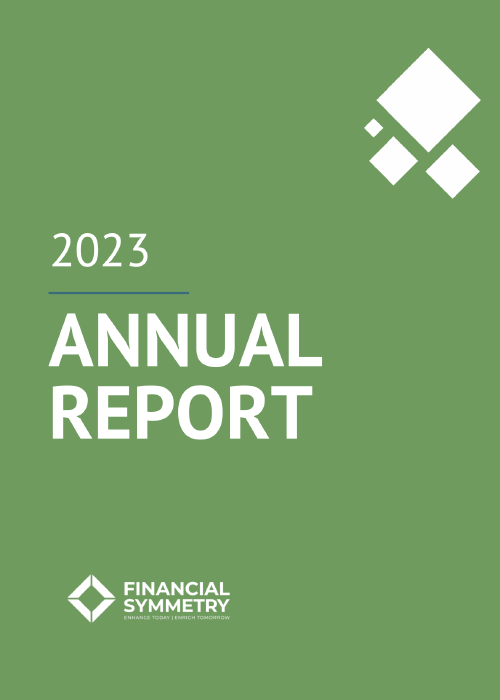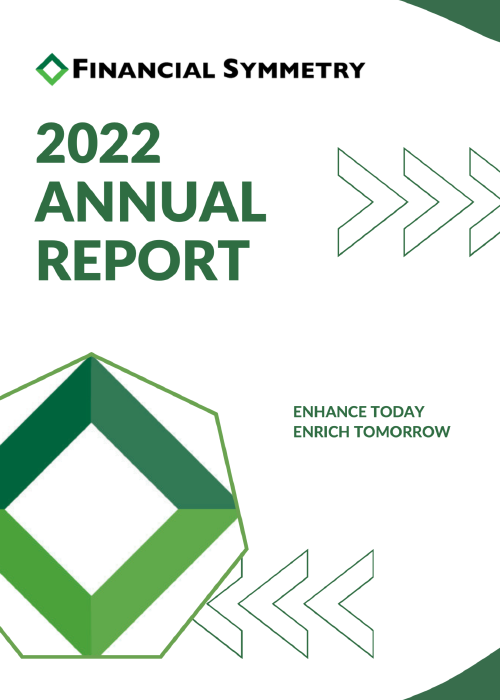Falling markets can fray even the steadiest nerves.
But only those who have a financial plan that helps them stay committed to being invested will reap the rewards. There are several factors that can cause an investor to sell when they should be holding or buying.
LET’S DISCUSS – PICK FREE MEETING TIME TODAY
Forced Out
If an investor is not able to stay invested because they need to withdraw money for their expenses, then they can be forced out at low prices. This risk can be minimized by aligning your stock allocation with your risk capacity. Your risk capacity is measured by relating your future investment cash flows to your total portfolio.
For example, if you are able to add money to your investments, you can buy stocks and therefore can have a high allocation to stocks. If you must withdraw funds for expenses, then you should have a lower allocation to stocks so that you will not be forced to sell at low prices.
Of course, in times like these, it can be prudent to reduce spending where appropriate. Extra income, if it is an option, can also provide a further cushion against forced sales at current low prices.
Scared Out
As hard as it is to separate emotions from logic when it comes to investing, it’s critical to do so. That’s because prices become low when most people are afraid, and they become high when most people are fearless.
So naturally, most people must do the wrong thing at the wrong time, or prices would never be too low or too high.
Hiring a financial advisor to worry about your investments allows you to take your emotions out of investing, letting you live your life by focusing on the people and experiences that are most meaningful to you.
Faked Out
The shorter the time period that you focus on, the higher the degree of unpredictability in the market. That is why it is important to understand that most of your investments are invested for the long term. While someone may think they know what will happen to the market in the next three to ten days or weeks, we know it is much more important and helpful to think about where the market is likely to be in the next three to ten years.
This prevents the mistake of selling all stocks because you are sure they are going down and then realizing that you have a tough decision to make: when to buy back. Unfortunately, if the market does decline, it reinforces the confidence that you are right. In that case, the most common mistake is that the buy-back price almost always continues to fall with the market.
Most investors who attempt such an all-or-nothing strategy end up being faked back in at higher prices. This common mind game is why our advisors use an allocation range for stocks so that we are not in an “all-in/all-out” position.
Worn Out
This is a common mistake investors make after an extended period of poor results for stocks, which is exhausting. Having the discipline and patience after ten years of experiencing lower returns than what a bank account would have earned can shatter the confidence needed to experience long-term outperformance.
This often results in selling out, preventing the opportunity to participate in a future extended climb that the markets experience 75% of the time. This results in you feeling the pain but receiving no gain.
GAIN CONFIDENCE ABOUT YOUR FINANCIAL FUTURE TODAY








